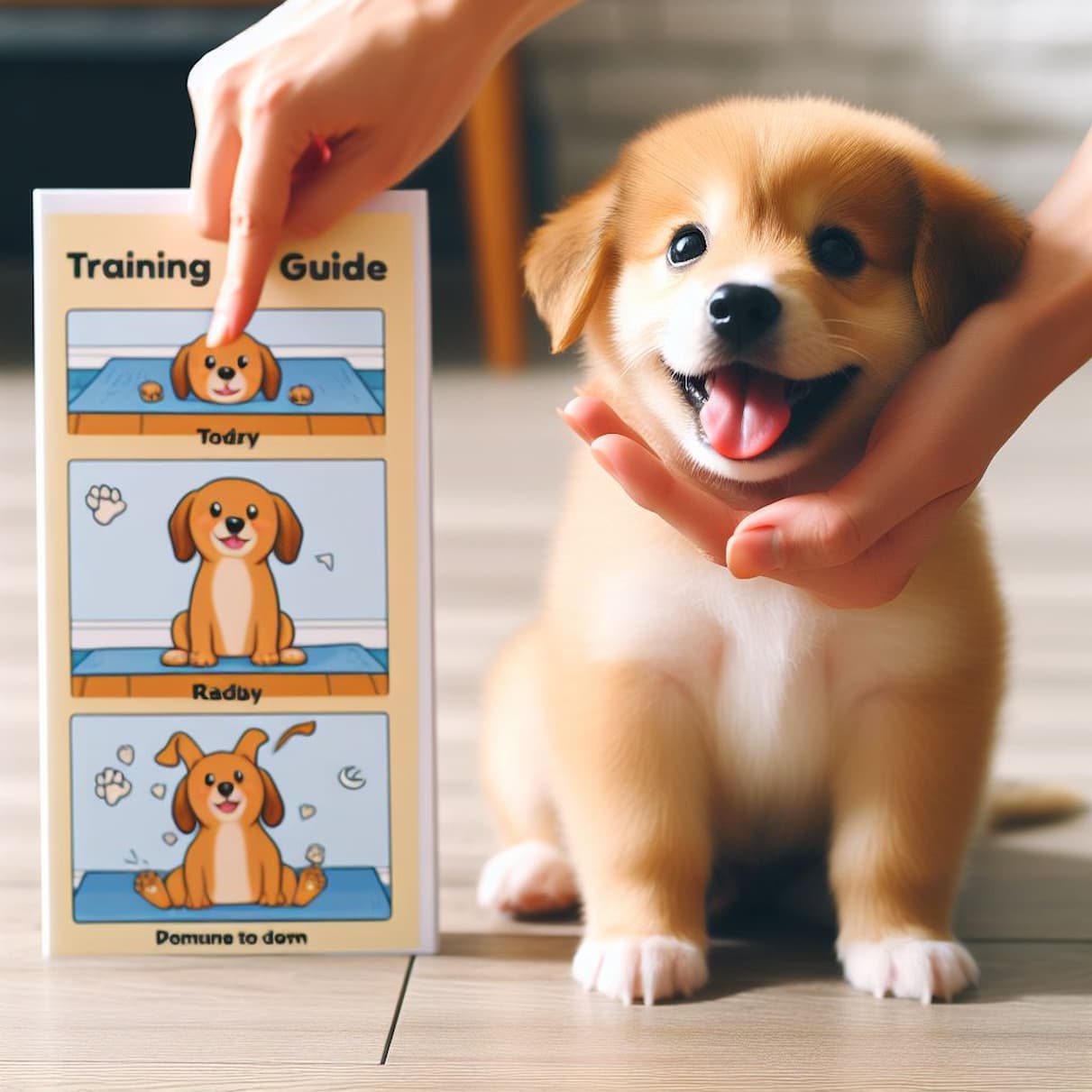Crate training is a valuable tool for teaching your puppy appropriate behaviors, providing them with a safe space, and facilitating potty training. Establishing a consistent schedule is key to successful crate training. Let’s delve into a comprehensive crate training puppy schedule to help you and your furry friend thrive.
Key Takeaways:
- Consistency is crucial for effective crate training. Stick to a routine to help your puppy learn and adapt.
- Gradually introduce your puppy to the crate with positive associations to make it a comfortable and inviting space.
- Ensure your puppy’s crate is appropriately sized, cozy, and located in a quiet area free from distractions.
- Use crate training as part of a holistic approach to puppy care, incorporating exercise, mental stimulation, and positive reinforcement.
Sample Crate Training Puppy Schedule
Morning:
- 6:00 AM: Wake up and take your puppy outside for a potty break immediately.
- 6:15 AM: Provide breakfast in the crate. Encourage your puppy to enter the crate voluntarily by placing food or treats inside.
- 6:30 AM: Supervised playtime and outdoor exploration. Monitor your puppy’s behavior and energy levels.
- 7:00 AM: Take your puppy outside for another potty break. Use a consistent command, such as “go potty,” to associate with the behavior.
- 7:30 AM: Place your puppy in the crate for a nap. Offer a chew toy or stuffed Kong to keep them occupied.
Midday:
- 10:00 AM: Take your puppy outside for a potty break and brief playtime.
- 10:30 AM: Crate time for another nap or quiet rest period. Ensure the crate is comfortable and inviting.
- 12:00 PM: Provide lunch in the crate. Use mealtime as another opportunity to reinforce positive associations with the crate.
Afternoon:
- 2:00 PM: Outdoor potty break and playtime session. Engage in interactive games or training exercises to mentally stimulate your puppy.
- 3:30 PM: Crate your puppy for a rest period. Avoid leaving them crated for extended periods.
- 5:00 PM: Offer dinner in the crate. Use this meal as a reward for calm behavior and crate acceptance.
Evening:
- 6:30 PM: Outdoor potty break and supervised playtime. Monitor your puppy’s behavior for signs of fatigue or restlessness.
- 7:30 PM: Wind down with a calming activity, such as gentle petting or a relaxing chew toy, before bedtime.
- 8:00 PM: Final potty break before bedtime. Encourage your puppy to relieve themselves before settling down for the night.
- 8:30 PM: Place your puppy in the crate for overnight sleep. Provide a cozy blanket or bedding for comfort.
Tips for Successful Crate Training
- Gradual Introduction: Introduce the crate gradually, allowing your puppy to explore and associate it with positive experiences.
- Positive Reinforcement: Use treats, praise, and rewards to reinforce desired behaviors, such as entering the crate voluntarily.
- Consistency: Stick to a consistent schedule for meals, potty breaks, and crate time to establish routines and promote learning.
- Patience and Persistence: Crate training may take time and patience. Be consistent, calm, and supportive throughout the process.
- Monitoring and Supervision: Supervise your puppy during crate time and never leave them crated for extended periods, especially during the initial stages of training.
By following a structured crate training puppy schedule and incorporating positive reinforcement techniques, you can help your puppy acclimate to their crate, develop good behaviors, and build a strong foundation for a happy, healthy life together.
















